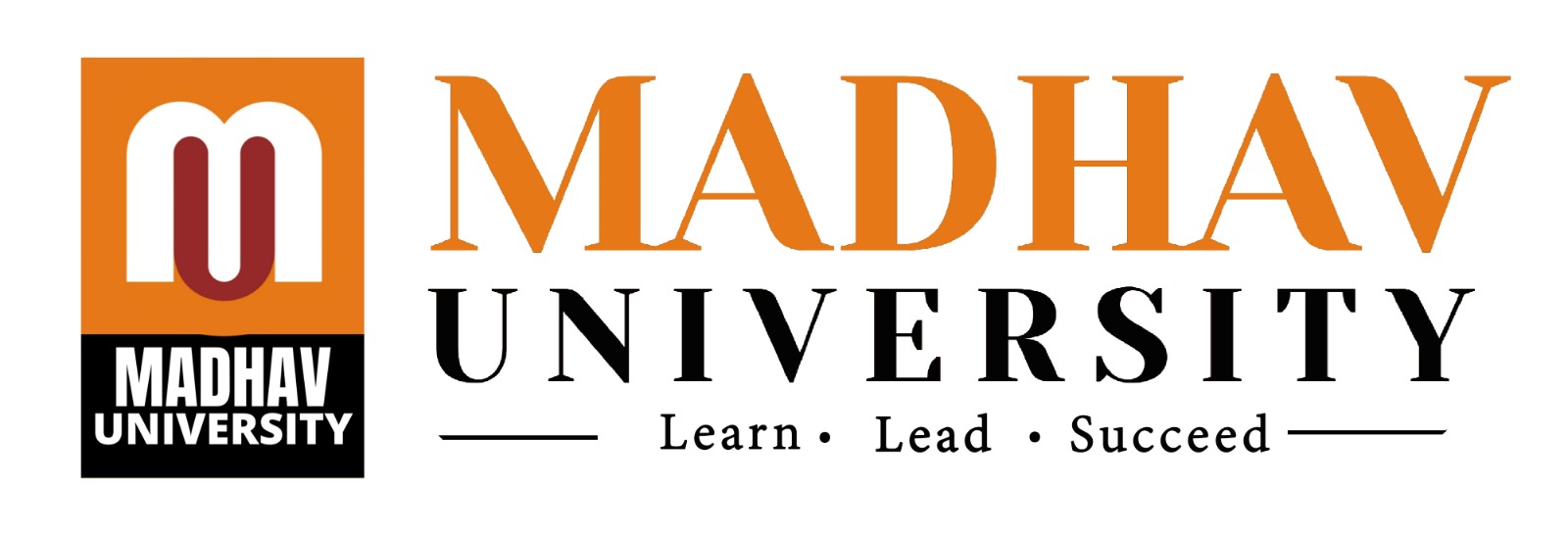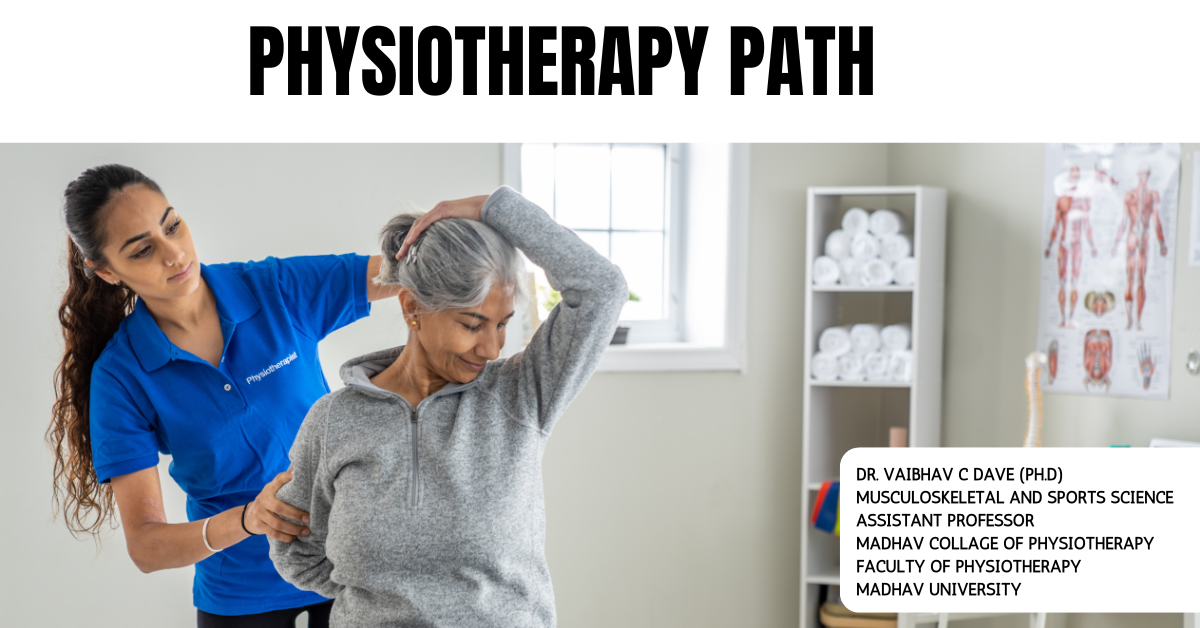- Orthopaedic Injury Treatment: Focuses on rehabilitation after surgery or injury. Procedures include strength training, range of motion exercises, and pain management strategies. Educating patients on proper posture can prevent further injury.
- Neurological Physiotherapy: To help people with neurological conditions such as stroke or Parkinson’s disease. Treatment may include motor rehabilitation, balance exercises, and functional mobility training. Support for daily activities and training for caregivers is also important.
- Sports Physiotherapy: Helps athletes recover from injuries and improve performance. This includes sports rehabilitation, injury prevention programs and fitness programs. Training in proper warm-up and cool-down techniques is essential.
- Paediatric physical therapy: working with children to treat developmental delays or injuries. Treatment often includes sports activities to improve motor skills, strength and coordination. Parental involvement in treatment sessions can improve outcomes.
Physiotherapy: Supports recovery after surgery or chronic illness. This includes personalized exercise programs, pain management and patient education and lifestyle changes to improve long-term health.
- Cardiovascular Physiotherapy: Help patients with heart disease improve their physical condition and recover from cardiac events. Programs may include supervised exercise, heart health information, and lifestyle changes to reduce risk.
Artificial intelligence (AI) can help improve patient care in physiotherapy by:
Diagnosis AI can help with faster diagnosis and more accurate results.
Treatment plans AI can help create personalized treatment plans.
Monitoring AI can provide real-time monitoring, feedback, and support. For example, AI-enabled physiotherapy can use computer vision to analyse human motion and capture movement patterns during exercises. This can help improve efficiency and provide insights for more effective treatments
Rehabilitation AI can enhance rehabilitation exercises and help therapists offer targeted exercises.
Remote monitoring with AI physiotherapists can remotely monitor patient’s progress through wearable devices and sensors, which aids in real time feedback and adjustments to current treatment plans
Predictive analytics AI can measure and analyse large databases to predict the potential issues and complications in a patient’s recovery. This proactive approach allows physiotherapists to intervene early and modify treatment plans accordingly
Research and decision support AI assists in analysing vast amounts of medical research and literature, providing physiotherapists with up-to-date information to inform their decision making and treatment strategies.
Automation of administrative tasks AI can be a game changer as it saves a great deal of time consumed for administrative process such as appointment scheduling, billing and documentation, allowing physiotherapists to focus and be centred more on rehabilitative aspects
Robotics in rehabilitation Robotic devices which is controlled and augmented by AI, can aid in rehabilitation especially neurorehabilitation and post stroke survivors by providing controlled assistance or resistance during exercises.
Dr. Vaibhav C Dave (Ph.D)
Musculoskeletal and Sports Science
Assistant Professor
Madhav Collage of Physiotherapy
Faculty of Physiotherapy
Madhav University

